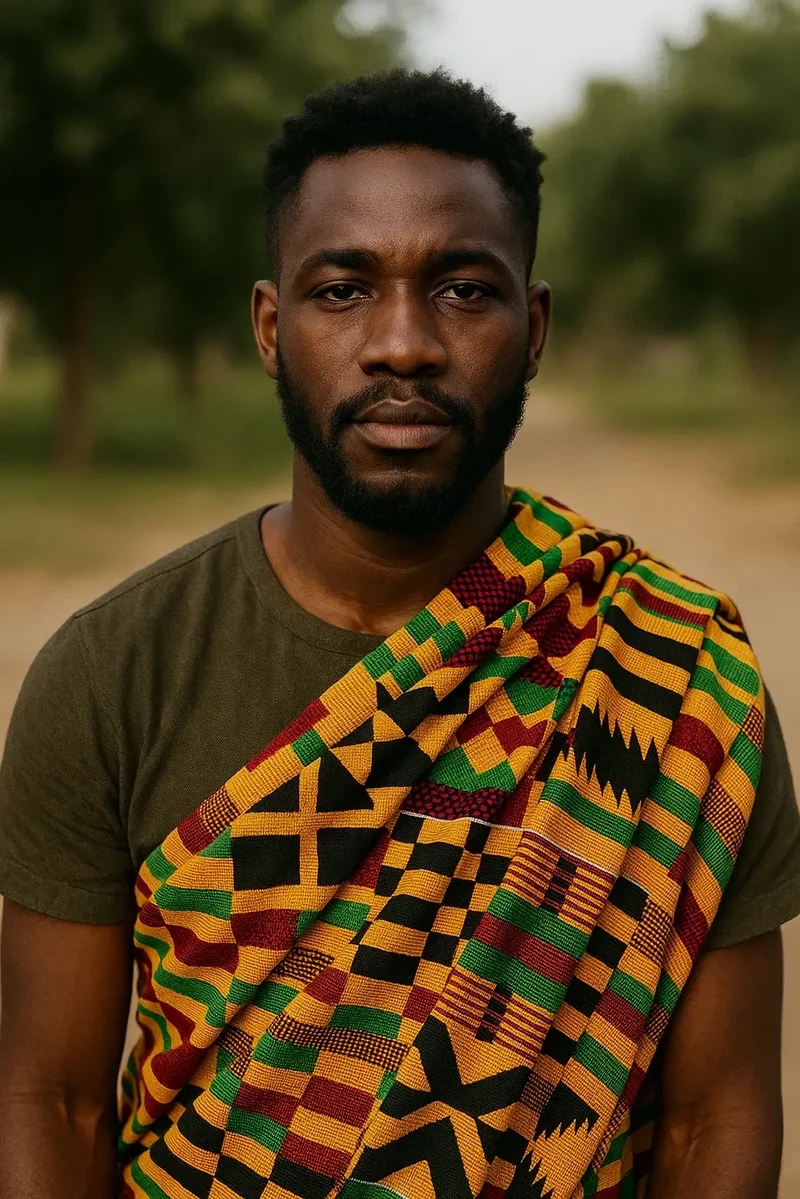Asher
Asher – 𐤀𐤔𐤓
Meaning in Paleo: “Happy” or “Blessed.” Leah’s handmaid Zilpah bore him, and Leah said, “Happy am I, for the daughters will call me blessed,” so she called his name Asher. The name carries the sense of joy, contentment, and favor from YaHU’aH.
Ya’aqob’s Prophetic Word (Barashiyth):
Out of Asher his bread shall be fat, and he shall yield royal dainties. This points to abundance, richness, and delight—signifying prosperity and goodness that overflows to others.
Moshah’s Barakah (Dabarim):
Blessed above sons is Asher; let him be acceptable to his brothers, and let him dip his foot in oil. Your shoes shall be iron and brass; and as your days, so shall your strength be. This reveals divine favor, security, and continual renewal in strength.

Abundance and Royal Sophistication: Akan (Ashanti, Fante – Ghana, Ivory Coast)
Tribe of Asher
Connected with the Akan people of Ghana and Ivory Coast, the tribe of Asher is prophetically described:
“Out of Asher his bread shall be fat, and he shall yield royal dainties.”
This verse foretells abundance — and the Akan fulfill it visibly. The term “fat bread” corresponds with the agricultural fertility of their lands. From ancient yam cultivation to their role today as one of the world’s largest cocoa producers, the Akans have consistently harvested richness from the soil.
The phrase “royal dainties” reflects their sophisticated production of gold jewelry, sacred adornments, and especially Kente cloth — a woven textile of complex meaning worn by rulers, priests, and nobles. These symbols point to both material wealth and spiritual heritage. The Ashanti Empire, a dominant force in West Africa, extended this royal culture through governance, diplomacy, and military precision — modeling a level of leadership rooted in honor and refinement.
Despite suffering in the transatlantic slave trade — with an estimated 400,000 Akan enslaved and scattered — the people preserved their Torah-echoing customs, including ritual purity, naming patterns, and ceremonial codes. The Ashanti’s royal lineage and festivals mirror those of ancient Yashar’al, especially the emphasis on community inheritance and ancestral reverence.
Even under colonial intrusion, Akan people remained rooted in land, honor, and discipline, fulfilling the prophecy that Asher’s portion would remain rich and set-apart.
Asher (Akan – Ghana & Ivory Coast)
• Historical Context: Gold-rich societies, kingship-centered governance, fierce resistance to colonization.
• Cultural Practices: Royal attire, sacred jewelry, ritual feasts — “his bread shall be fat.”
Tribal Identity: Asher
African Link: Akan People (Ashanti & Fante – Ghana & Ivory Coast)
Sources:

